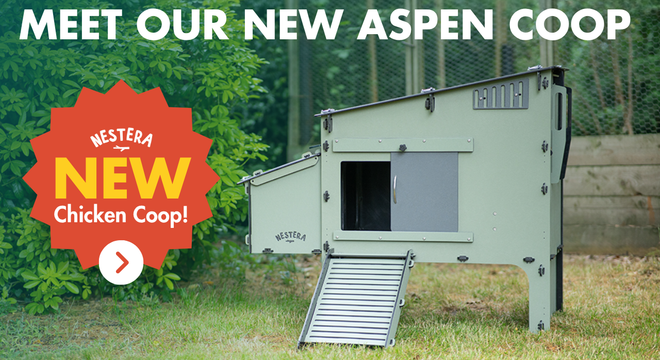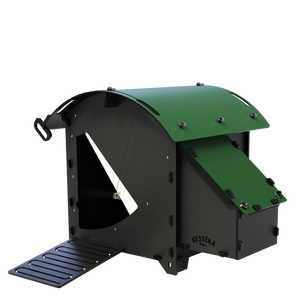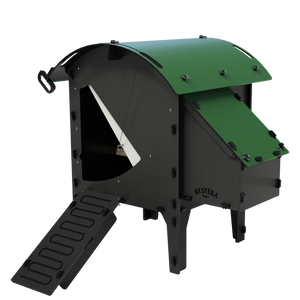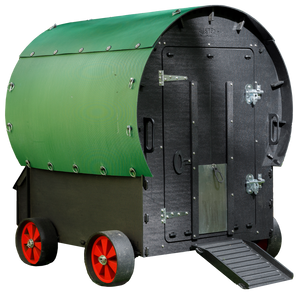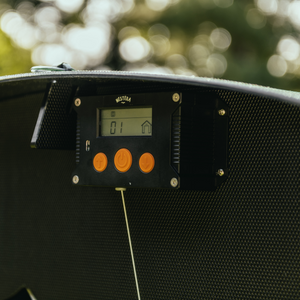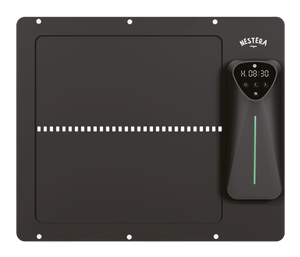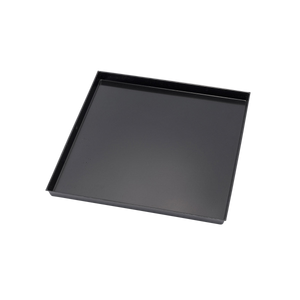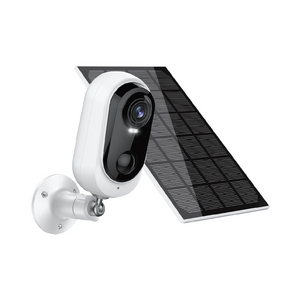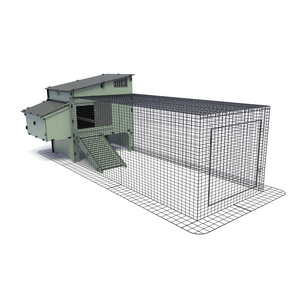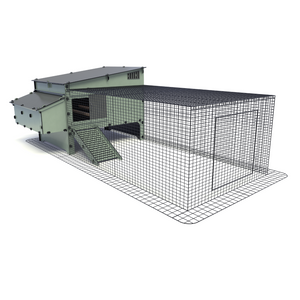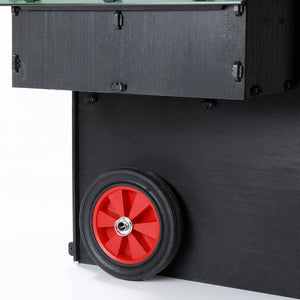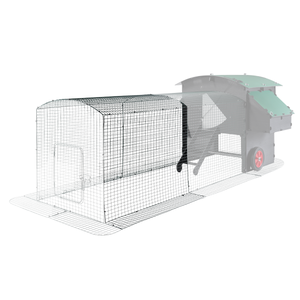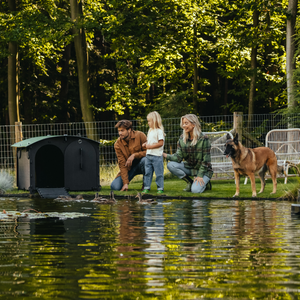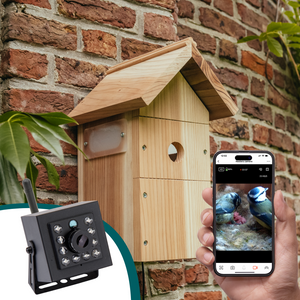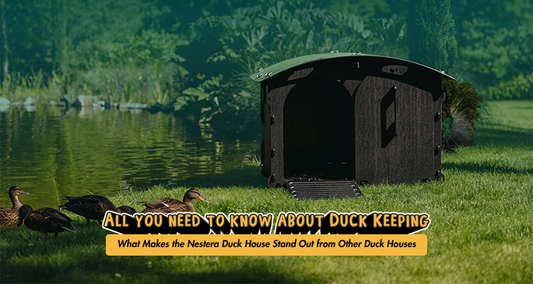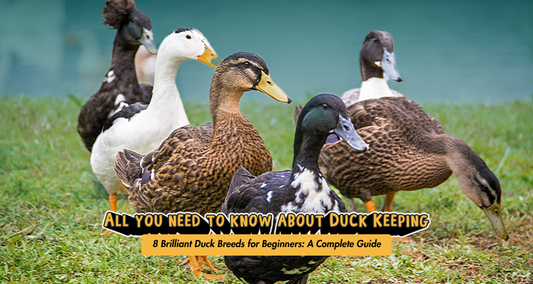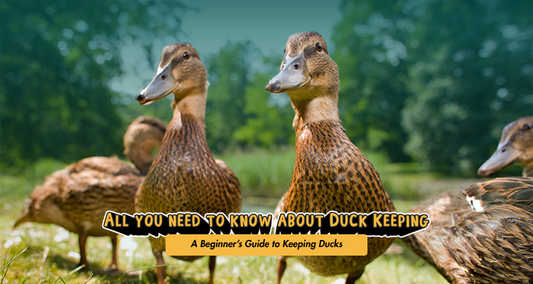As a new chicken keeper, one of the first big decisions you’ll face is how many hens to get. While it may seem simple, the ideal number depends on several important factors. Let’s break them down to help you make the best choice for your lifestyle and space.
Why Three Hens Is the Minimum

We always recommend starting with at least three hens. Chickens are highly social animals that thrive in a flock. Living in groups gives them a sense of security and warmth, especially during colder months.
If one chicken dies unexpectedly, having two remaining ensures they still have companionship. A single hen on her own can become lonely, stressed, and even unwell. A trio is a small but stable starting point.
Egg Production: How Many Eggs Do You Really Need?

One of the main reasons people start keeping chickens is for a steady supply of fresh eggs. But not all breeds lay the same amount:
-
Hybrid and commercial breeds can lay nearly one egg per day.
-
Pure breeds might only lay around 100 eggs per year.
It’s important to match the number of hens to your household’s egg needs. Many new keepers overestimate—six hens might produce over 40 eggs a week! That’s a lot for a two-person household, even if you love omelettes.
Space: How Much Room Do Chickens Need?
While chickens are happy in compact coops, they need plenty of outdoor space during the day. If you’re limited on space, it’s better to keep fewer birds who have ample room to:
-
Stretch and flap
-
Scratch and peck
-
Dust bathe
-
Explore and forage
Too many hens in a small area can lead to stress, pecking, and illness. Don’t be tempted to squeeze in “just a few more.” If you expect high mortality and want to keep extras “just in case,” you may need to reconsider your supplier instead.
Resources: Cost, Time, and Cleanup
More chickens mean more:
-
Coop space

-
Food
-
Cleaning and poop!
-
Wear on your lawn and garden
However, more birds don’t always mean double the effort. For example, bantams cost more upfront but eat less, poop less, and are gentler on your garden. They also lay fewer eggs. Chicken keeping is a game of balance—finding the right dynamic can take time.
Integration: Why Starting Small Can Be Smarter
Adding hens to an existing flock can be tricky. Established birds may be territorial, especially toward smaller newcomers. That’s why many new keepers decide to start with a larger group.
But keep this in mind: caring for four hens is very different from looking after a dozen. Overcommitting can be overwhelming and might turn you off chicken keeping altogether. Sometimes it’s not that you dislike keeping chickens—it’s just that you’ve got too many.
If in doubt, go slow and steady. As your confidence and experience grow, you can always add more to your flock.
